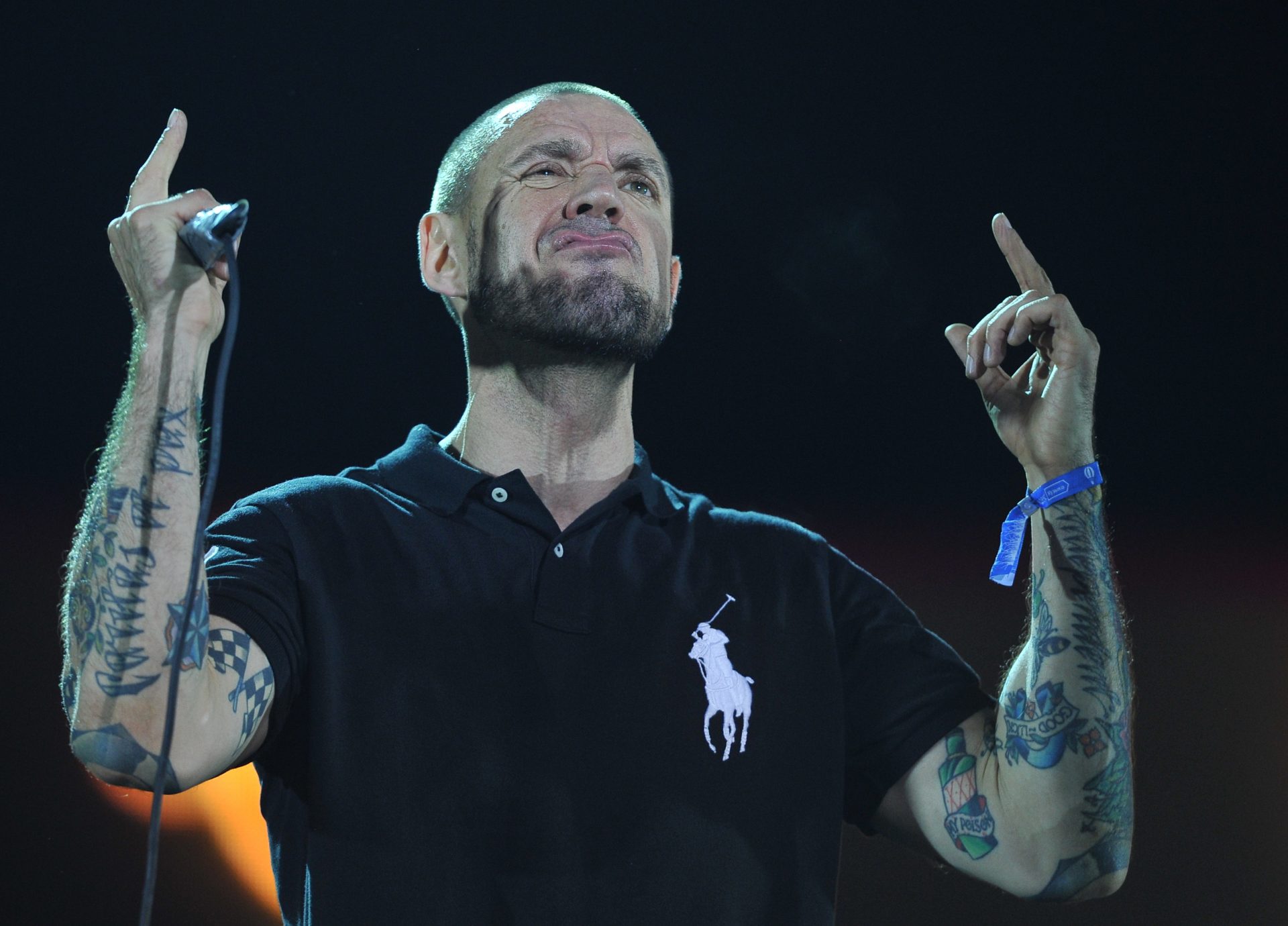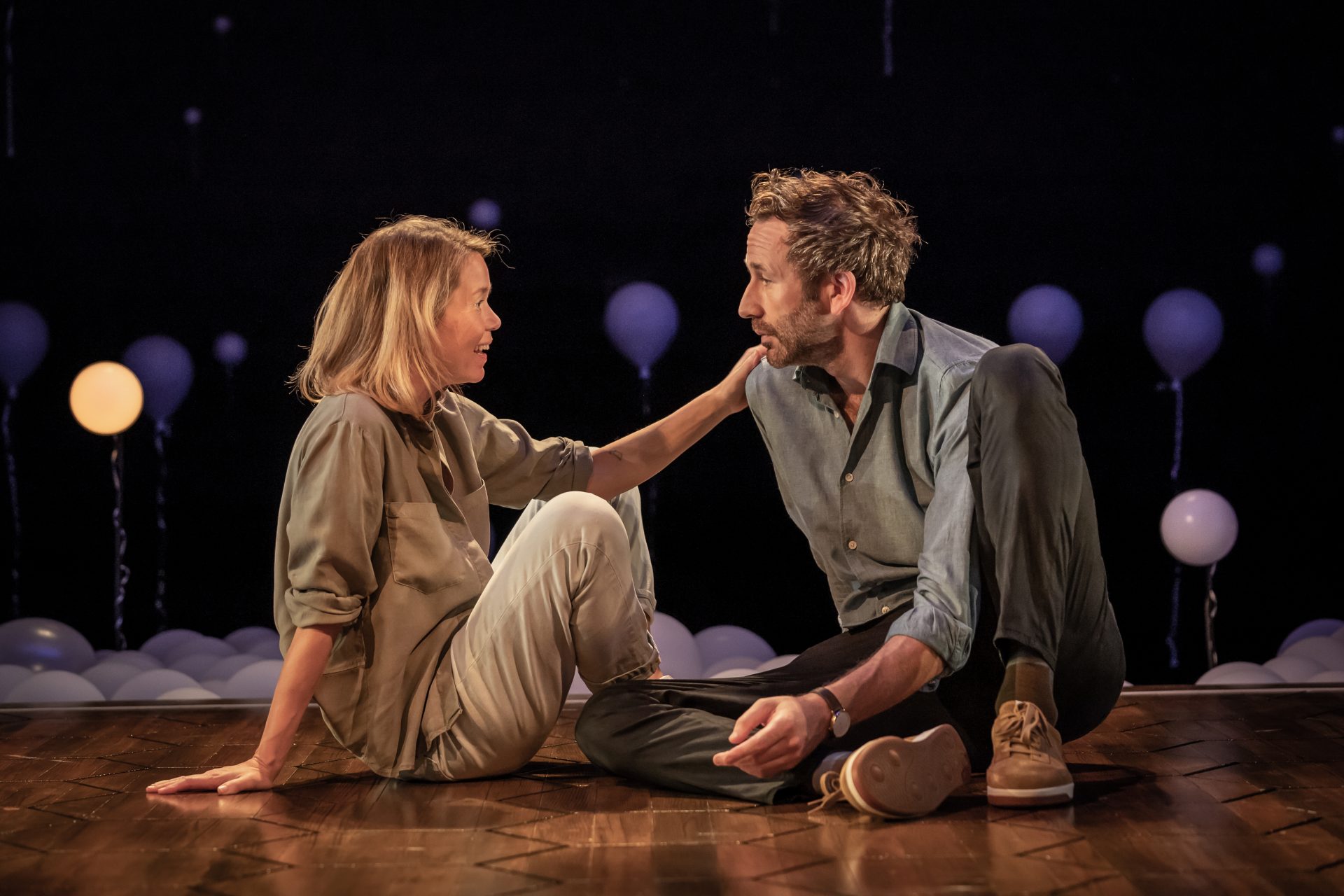From Charlie Chaplin to Mel Brooks, there’s a long tradition of mocking dictators. President Alexander Lukashenko of Belarus, often referred to as Europe’s last dictator, is infinitely parodyable. A former collective farm manager, he has an obsession with tractors which he frequently cites alongside ice hockey as symbols of Belarussian might.
“The tractor will heal everyone,” he recently said of the coronavirus crisis, having personally played in an ice hockey game at the start of the crisis, during which he claimed, “Sport, particularly the ice, is the best actual anti-virus remedy”. He also plays the accordion, not entirely competently.
The Belarusian ska punk band Lyapis Trubetskoy skewered Lukashenko’s absurdity in the video for Capital, their single from 2007. The band, who take their cue from the Dadaists and the neo-primitivist aesthetics of fellow Belarussian Marc Chagall, channelled Terry Gilliam’s Monty Python animations in the video, which showed Lukashenko surrounded by tractors, ice hockey players and winged cherubs as part of a parade of world dictators.
Yet Lyapis Trubetskoy know only too well that a cartoonish image can mask genuine menace. Frontman Sergei Mikhalok left the country for Ukraine in 2015, saying he had been warned of a Belarusian KGB operation that would rub him out and make it look like a drug overdose. His song Homeland with his new band Brutto dealt with his exile.
But back at the time of the protests that came in the wake of the disputed 2010 presidential election, the music of Lyapis Trubetskoy, as well as acts of an older vintage, proved difficult to stifle. The 2011 demonstrations were silent, protestors depriving security forces of the opportunity to arrest them for shouting slogans, but protest music was still played on phones and car stereos.
Lyapis Trubetskoy, who had had huge mainstream success in both Belarus and Russia before taking a more politically conscious turn in the mid-2000s, supplied ideal protest songs for the 2011 demonstrations. Belarus Freedom (2008) was just one, the lyrics seemingly obliquely referencing Lukashenko (“That guy is stupid like a monkey with a crown”), mocking the state-sponsored Belarusian Republican Youth Union, and ironically proclaiming “Playing hockey is our great destiny!”
The band’s live appearances and radio play were restricted, but in 2013 a technician on a Belarusian music TV channel defiantly broadcast some of their videos and was subsequently arrested. That act was echoed last year when, two days before the August presidential election, sound engineers Kirill Galanov and Vladislav Sokolovsky were jailed for “hooliganism and disobedience” after they stood with raised fists and played Russian band Kino’s iconic Perestroika-era song Khochu Peremen (I Want Changes) at a pro-government concert on Minsk’s Kievsky Square.
But it was another song that provided an even more startling act of defiance than Galanov and Sokolovsky’s.
In the wake of the 2020 election, a video emerged of veteran musician Pit Pawlaw, guitar in hand, standing in front of a wall of riot police forming a deeply dystopian-looking ring of steel around Minsk’s presidential palace. He was cheerfully leading the crowd behind him in a rendition of Try Charapakhi (Three Turtles), the subtly political song by giants of Belarussian rock NRM. Its highly chantable chorus – ‘Hey la-la-la-lai/ Don’t wait, don’t wait’ – had been heard on the streets throughout that feverish election summer.
Since that election, new music has appeared inspired by Belarus’ struggle. In October, Dai Dorogu! turned their aggressive rock in its most political direction yet on their seventh album. The anti-police brutality message of the song Bayubay (“If you love your motherland/ You will get a beating”) saw frontman Juri Stylski charged for producing “extremist material”.
When the case came to court last month he had already fled the country. Earlier this year, Minsk-based label Estetika’s maiden release was Dance for Belarus, an album featuring electronic artists from both Belarus and abroad raising money for the legal costs of activists victimised by the government.
And that victimisation goes on, the haunting ‘confession’ videos of Roman Protasevich and his girlfriend Sofia Sapega, the dignified press conference testimony of athlete Krystsina Tsimanouskaya, and pictures of the activist Vitaly Shishov, found dead in suspicious circumstances last month, becoming symbols of the magnitude of the threat Lukashenko poses.
After 27 years of his rule, how much longer will these songs have to play on?
Protest in Belarus in five songs:
Jacek Kaczmarski, Mury (1978)
Based on Catalan singer Lluís Llach’s song L’Estaca, Kaczmarski’s version promising “The walls shall fall down, fall down, fall down/ And they will bury the old world” became an anthem of the Polish Solidarity movement, and later of protests in Belarus.
Kino, Khochu Peremen (1986)
Despite the band’s frontman, Viktor Tsoi, insisting it was about ‘inner change’, Khochu Peremen became symbolic of the late-Soviet era after it was used in Sergei Solovyov’s 1987 film Assa, in which Tsoi starred. He passionately sang “Our hearts demand changes” as the credits rolled.
NRM, Try Charapakhi (2000)
NRM (Niezaleznaja Respublika Mroja – ‘Independent Republic of Dreams’), founded in 1981, are never directly political in their lyrics, but have faced repeated bans on their music and performances. This anthem of the 2020 protests used the idea that ‘three turtles still pull the earth’ as a metaphor for the state of stasis of Belarusian politics and society.
Lyapis Trubetskoy, Capital (2007)
The band, who take their name from the protagonist of Ilf and Petrov’s satire on early Soviet Russia, The Twelve Chairs, critique capitalism on this single, the catchy chorus singing “In my left hand there’s a Snickers/ In my right hand there’s a Mars/ My PR manager is Karl Marx”.
Dai Dorogu! Bayu-bay (2020)
The Belarusian band have faced legal action in connection with this song, the video showing ordinary Belarusians being pursued across fields by combine harvester-driving riot police. The video ends with Lukashenko’s face menacingly carved into the field like a crop circle.
Now hear the extended playlist: tinyurl.com/TNEbelarus




